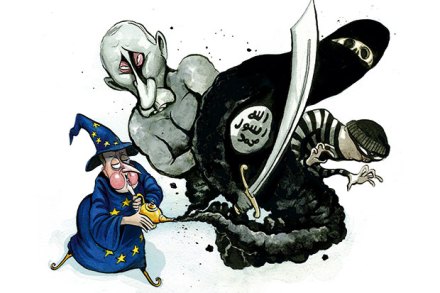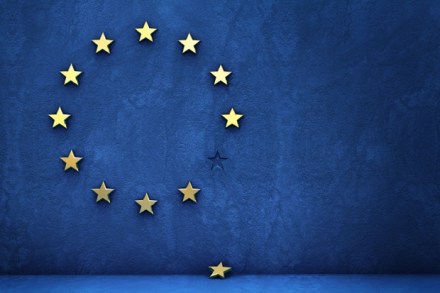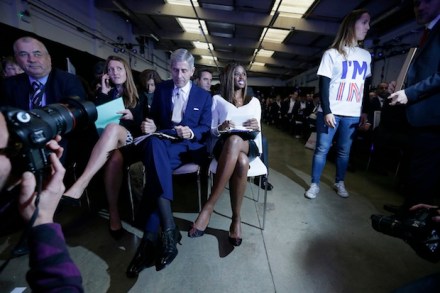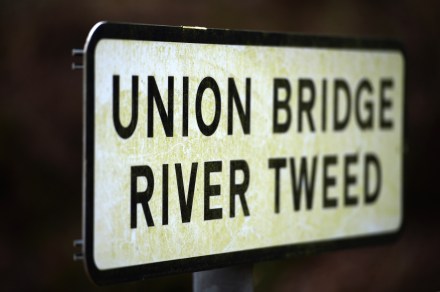First, immigrants. Now, terrorism. Will Cameron’s EU scaremongering ever stop?
A few weeks ago, James Forsyth revealed David Cameron’s strategy for fighting the EU referendum: to campaign on the theme on security, rather than an economic argument. This is already backfiring badly. Britain’s security does not depend upon the EU, and the Prime Minister’s attempts to suggest otherwise are inflicting grave damage to his chances of winning the referendum. Yesterday, he threatened Britain with an influx of migrants if we vote to leave. His logic was that the deal agreed with France about policing Sangette was somehow dependent on EU membership. But, being a bilateral deal, it had nothing to do with the EU – as today’s Daily Telegraph reveals. It also







